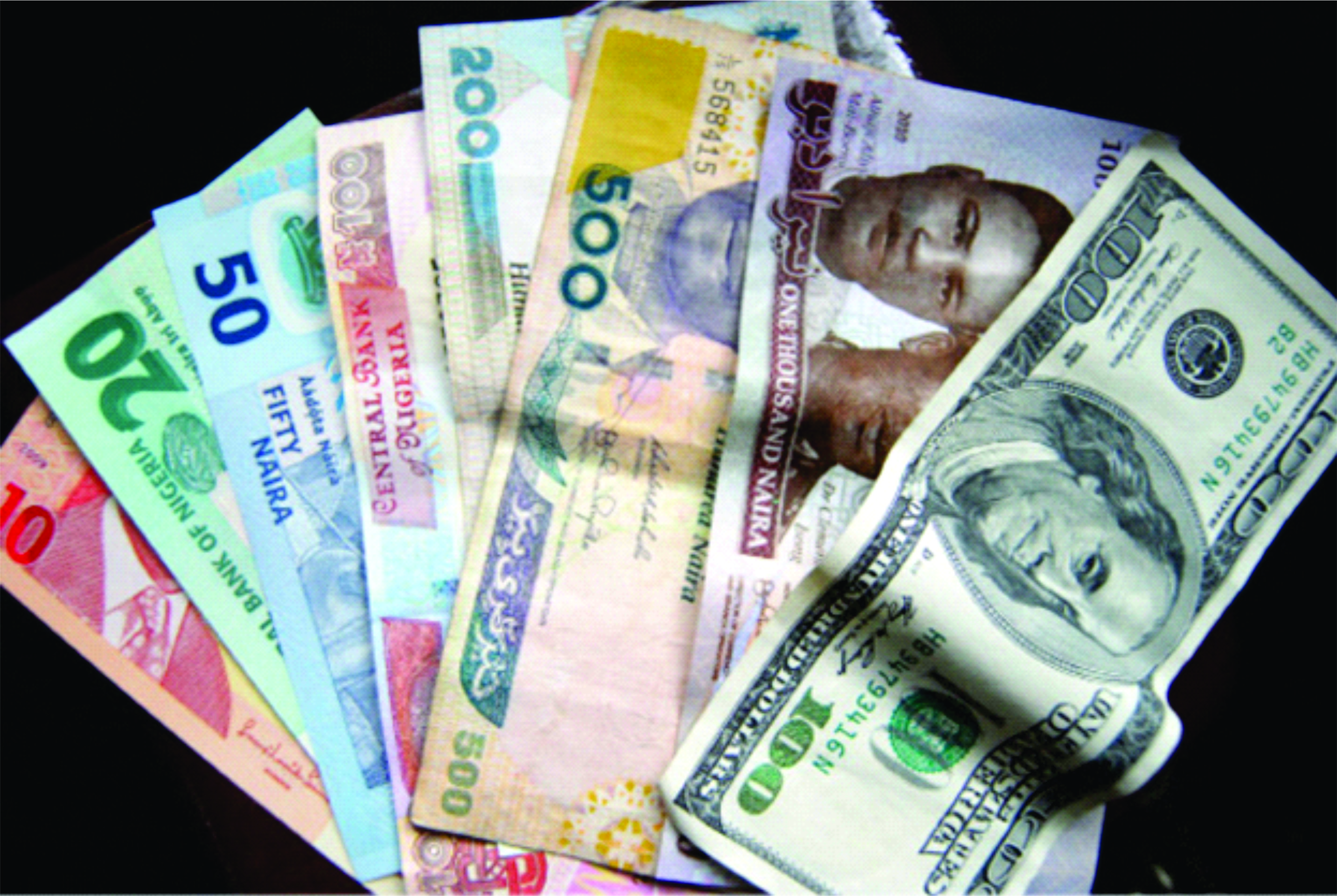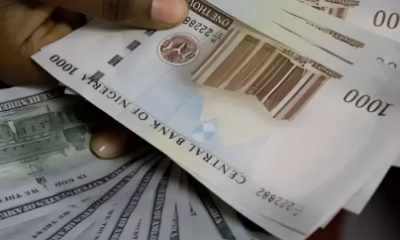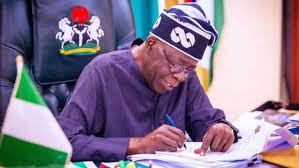The Naira, Nigerian money, has weakened marginally against the dollar at the parallel market.
The currency exchanged at N358.3, weaker than N358 traded on Friday, while the Pound Sterling and the Euro closed at N480 and N420.
At the Bureau De Change (BDC) window, on Monday the naira was sold at N360 to the dollar, while the Pound Sterling and the Euro closed at N480 and N420.
Trading at the investors’ window shows that the Naira closed at N361.78 to the dollar and a trading turnover of 106.26 million dollars, while the Naira closed at N305.90 to the dollar at the CBN window.
Meanwhile, the CBN has continued with its interventions at the foreign exchange market with the injection of 340.5 million dollars and 69.9 million Chinese Yuan in the spot and short tenored forwards last Friday.
The Association of Bureaux De Change Operators of Nigeria (ABCON) had urged the CBN to approve Renminbi (Yuan) disbursements to its members to deepen the China-Nigeria Swap deal.
Alhaji Aminu Gwadabe, President, ABCON, told the News Agency of Nigeria (NAN) in Lagos that the approval would enable BDCs sell Personal and Business Travelling Allowances to its customers in Yuan.
According to him, the sale of BTAs and PTAs to China bound businessmen will make them get used to the authentic features of the Yuan to avoid being issued fake currencies for transactions.
The ABCON chief applauded the CBN for taking proactive measures in prosecuting the deal and the stability of the Naira at the nation’s foreign exchange market.
Gwadabe noted that the swap deal and its full implementation would continue to shore up the value of the naira as pressures hitherto put on it by the dollar would be reduced.
NAN reports that the CBN sealed about N720 billion deal with the Peoples Bank of China in a move that would facilitate trade between both countries and maintain financial market stability, among others.
The CBN noted that the 41 items earlier banned on June 23, 2015 remained banned under the new deal.
The apex bank also disclosed at the end of the Bankers Committee Meeting that it would give incentives to Nigerians who import goods from China.
The committee agreed that importers of Chinese goods would be encouraged to bring invoices in Renminbi.
Since the Chinese Yuan joined the International Monetary Fund (IMF) basket of currencies in 2016, it was fast gaining recognition by both European and African Central Banks to be used in their foreign reserves.

 Entertainment5 days ago
Entertainment5 days ago
 Health1 week ago
Health1 week ago
 Health4 days ago
Health4 days ago
 Football1 week ago
Football1 week ago
 Football1 week ago
Football1 week ago
 Crime4 days ago
Crime4 days ago
 Education6 days ago
Education6 days ago
 Crime1 week ago
Crime1 week ago













